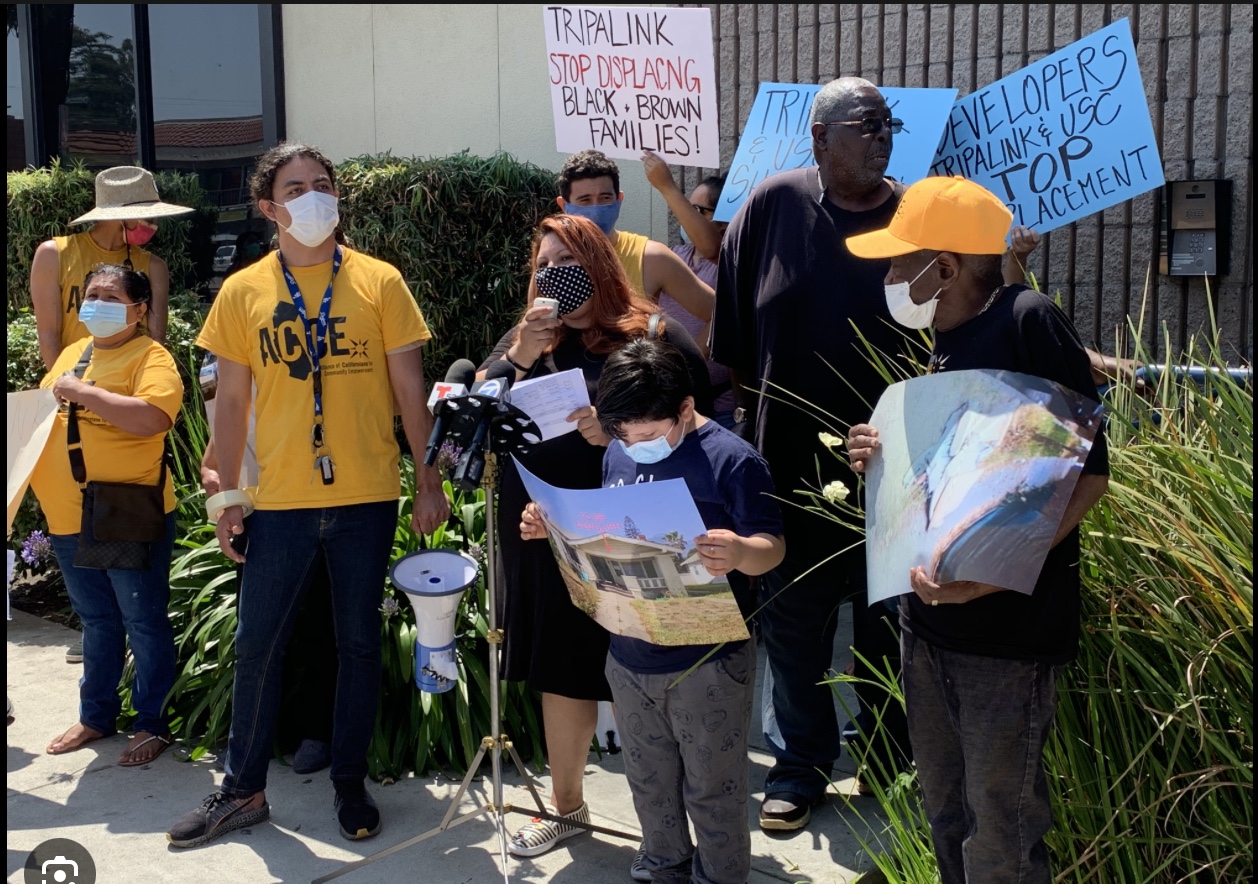
More media scrutiny on Blackstone: Tablet looks at “How private equity is gobbling up the American city and turning residents into collateral”
August 8, 2023
Citing PESP’s work throughout the article, Tablet investigated how Blackstone optimizes profits in its real estate holdings through:
“maximum allowable rent increases, evictions, the rise of hidden fees, a reduced investment in complex maintenance, and even efforts to influence state and local housing policy. Given the opacity with which Blackstone and other corporate landlords function, it’s hard to say exactly how dramatic the effects are on renters nationwide as compared to general national trends. But zoom in on specific markets or specific private equity firms, and you start to see the increasingly dire impacts.”
Tablet, July 4, 2023: Welcome to Blackstone U.S.A.
Resistance from tenant groups was also highlighted in the story: “With help from the Alliance of Californians for Community Empowerment (ACCE), San Diego residents have formed the Blackstone Tenants Union. ACCE has been organizing tenants who are now residents of Blackstone-owned properties across San Diego County since December 2021.
“Their member base has grown to around 80 and counting, with the goal of combating rent increases in Blackstone-owned properties, advocating against no-fault evictions, and encouraging local pension funds to divest from Blackstone-controlled investments.”
PESP Housing Research Coordinator Madeline Bankson told Tablet: “even compared to other corporate landlords, which are also bad, private equity is expected to generate really high returns on relatively short time horizons.” The goal for a private equity firm is “to get a 15 to 20% return—that’s about twice as high as any other asset class that those investors are going to expect,” and getting that relies on “screwing tenants over.” This happens through a series of cost-cutting strategies.
As Bankson further detailed, “they’re automating property management, they are deferring maintenance, including really serious maintenance—people are having major health hazards in their homes. They’re adding all these kinds of fees and fines, so people end up paying hundreds of dollars more than they think they are going to from the sticker price, and they’re evicting people. And raising rents.”
